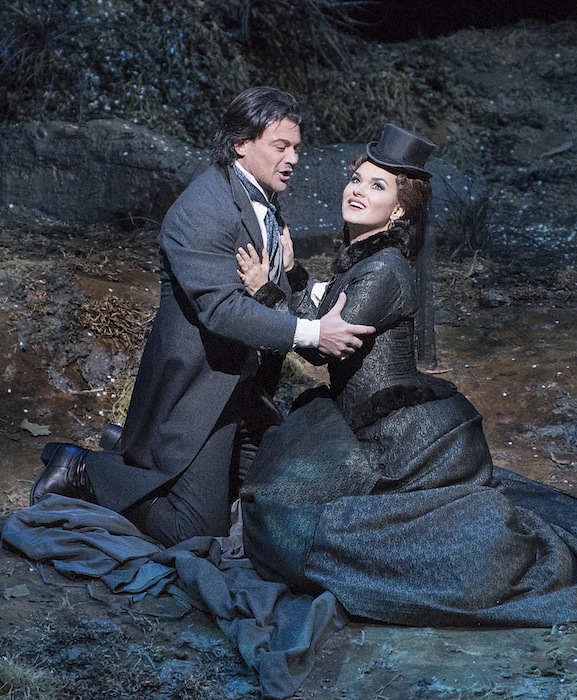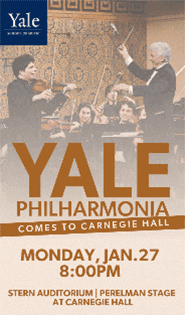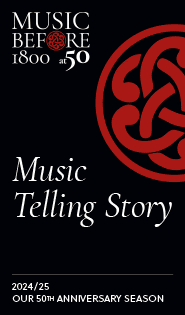Grigolo provides fleeting highlights in Met’s lackluster “Lucia”

Olga Peretyatko-Mariotti and Vittorio Grigolo in Donizetti’s “Lucia di Lammermoor” at the Metropolitan Opera. Photo: Jonathan Tichler
To say that Mary Zimmerman’s production of Lucia di Lammermoor is her most coherent work for the Metropolitan Opera isn’t setting a high bar. The director’s Victorian staging of the Donizetti staple falls into that all-too-familiar trope of “romanticizing” the Scottish Highlands as a dull, gray place where it’s always about to rain.
The revival that opened on Thursday night felt particularly stale, thanks in large part to the listless conducting of Roberto Abbado. When directed well, there can be a pining sadness in even the sweetest, most buoyant of bel canto melodies. When the music is as dry as it was in this performance, it becomes almost a caricature of itself—even the storm scene at the start of Act III felt canned, as though lifted out of a cheesy horror flick.
There were few bright spots in the singing to lift the evening. Chief among them was Vittorio Grigolo, the uncontainable tenor, as Edgardo. Every time he appears on the Met’s stage, it feels like another episode of Histrionic Hour with Vittorio Grigolo: on this occasion, upon learning of Lucia’s engagement to Arturo, he explored several possible angles from which to impale himself on a rapier before it was finally confiscated.
And yet somehow, more often than not, Grigolo manages to make it all work; when he wasn’t turning an otherwise dull scene suddenly into overwrought melodrama, his unabashed commitment to his emotions gave his portrayal of the bereft lover an intensity to match his golden voice. The best example of this was his passionate rendition of “Tu che a Dio spiegasti l’ali,” ringing brilliantly and punctuated with desperate sighs.
It was a less memorable night for Olga Peretyatko-Mariotti, taking her first crack at the title role at the Met. Like everyone else, she was swallowed up by the acoustic chasm of the Act I set, and her bland delivery of “Regnava nel silenzio” made the ghost scene feel tedious. Her intonation was questionable most of the night, and her top notes, once bursting with light, are now reaching past the point of strain. The show-stopping aria “Il dolce suono” was somewhat more secure, and dramatically compelling, as she found an eerie playfulness in the duet with glass armonica in the cadenza. On the whole, though, this was a disappointing outing for a star bel canto soprano.
Massimo Cavalletti fared little better as her domineering brother Enrico, his woody baritone sounding thin and stretched out by the role, and his acting consisting mostly of “point, glare, and sing.” The star of the supporting cast, by far, was Vitalij Kowaljow’s Raimondo, showing off a rich, wine-dark resonance to go with a powerful stage presence.
Deborah Nansteel made a credible debut in the thankless role of Lucia’s handmaid Alisa, though her top notes were a challenge. Mario Chang brought a brawny tenor in his cameo as the doomed bridegroom Arturo, while Gregory Schmidt was more pliant as Normanno.
On a night like this, the real highlights were from the pit: Emmanuel Ceysson’s harp solo in Act I and Friedrich Heinrich Kern’s ethereal glass armonica. Thank goodness they’ll still be around when the next cast takes over in April.
Lucia di Lammermoor runs through May 10 at the Metropolitan Opera. Jessica Pratt sings the title role on April 11 and 14, and Luca Salsi appears as Enrico on March 30 and April 11. A second cast, starring Pretty Yende in the title role, with Michael Fabiano as Edgardo, Quinn Kelsey as Enrico, and Alexander Vinogradov opens on April 25. metopera.org


